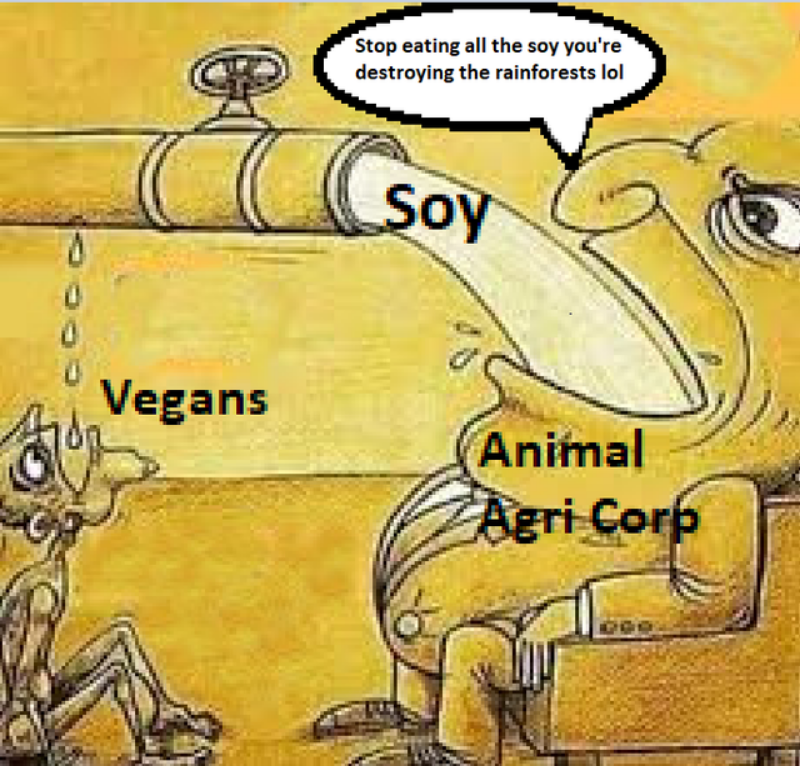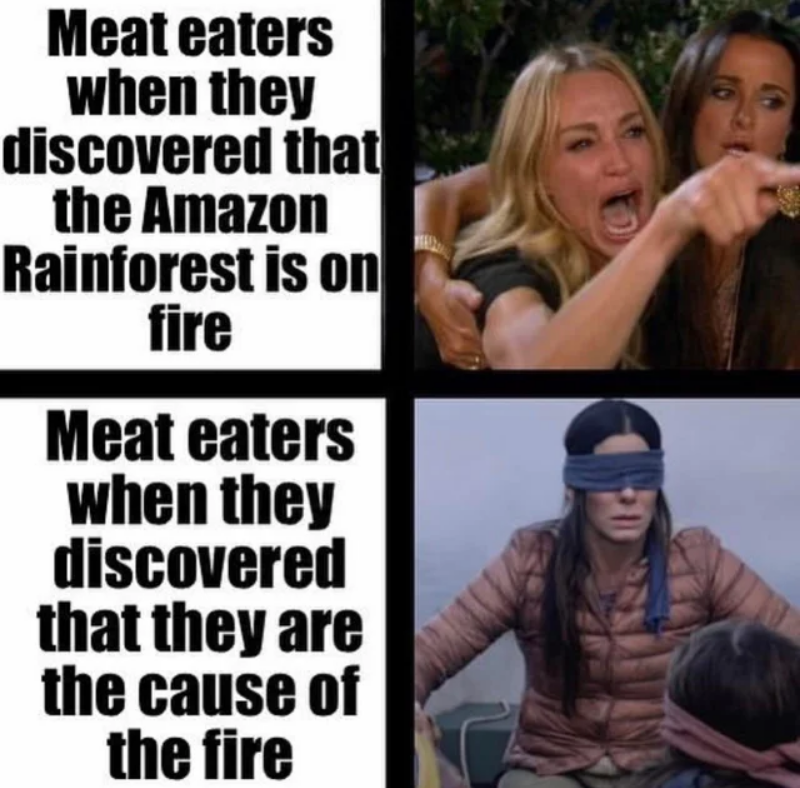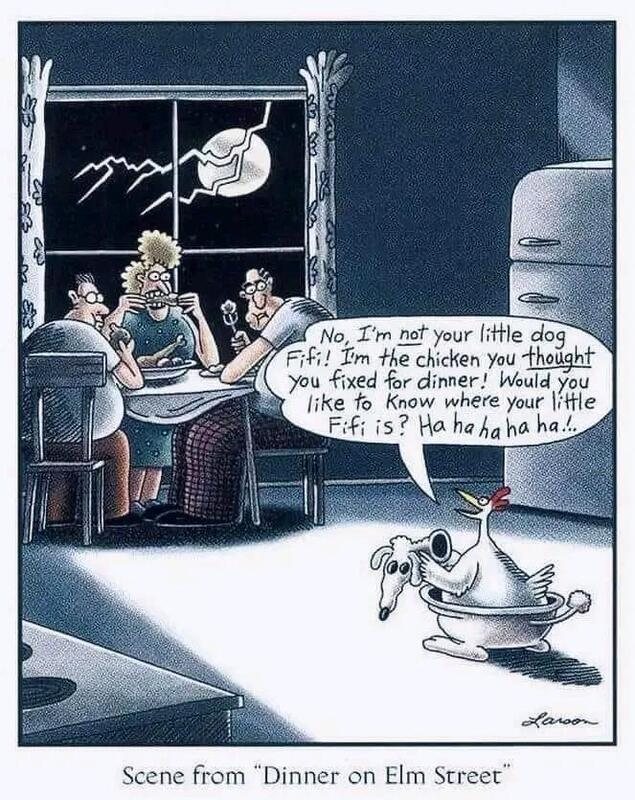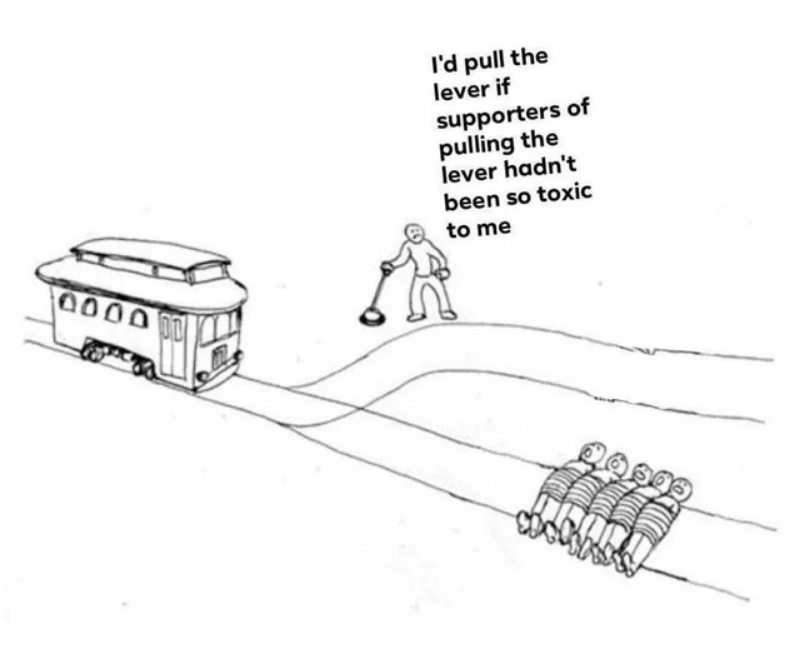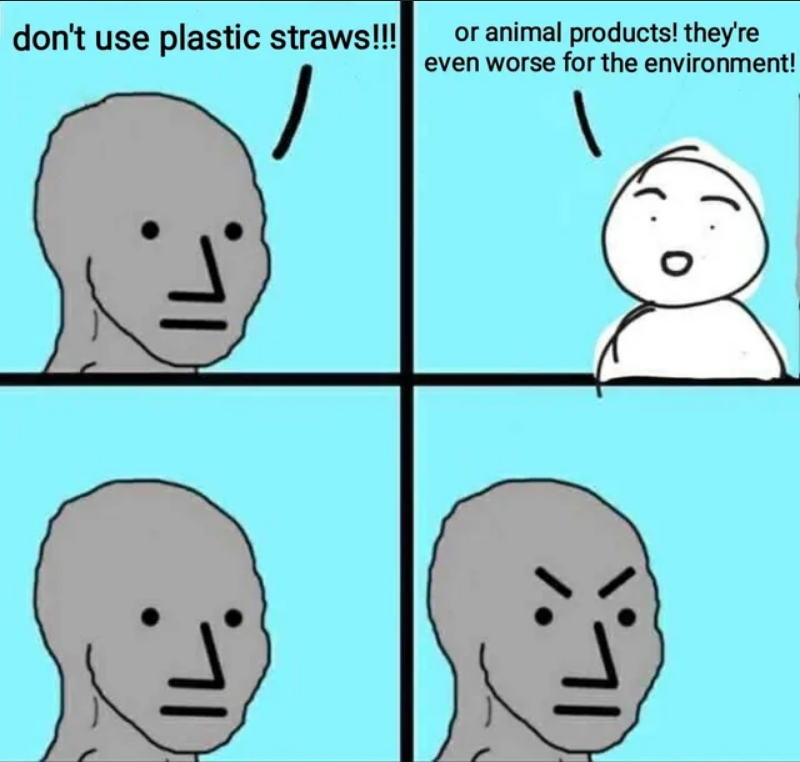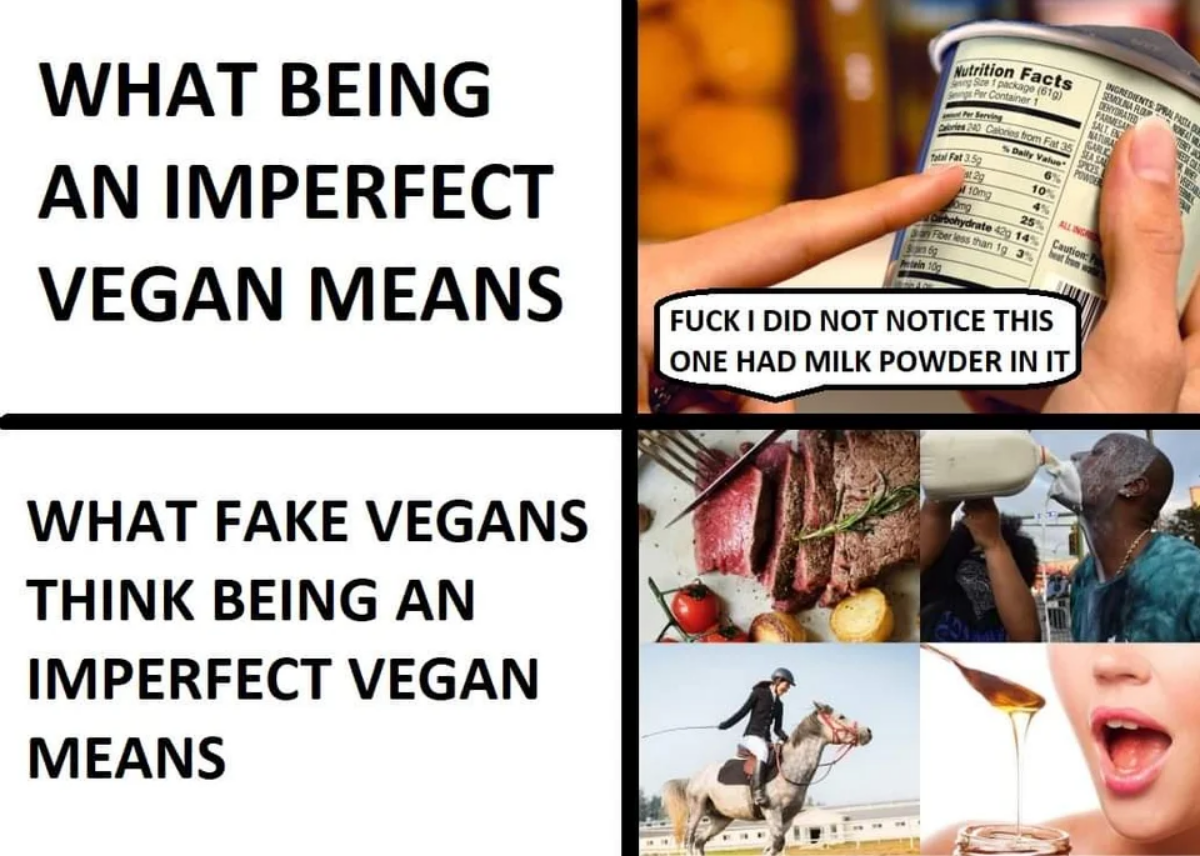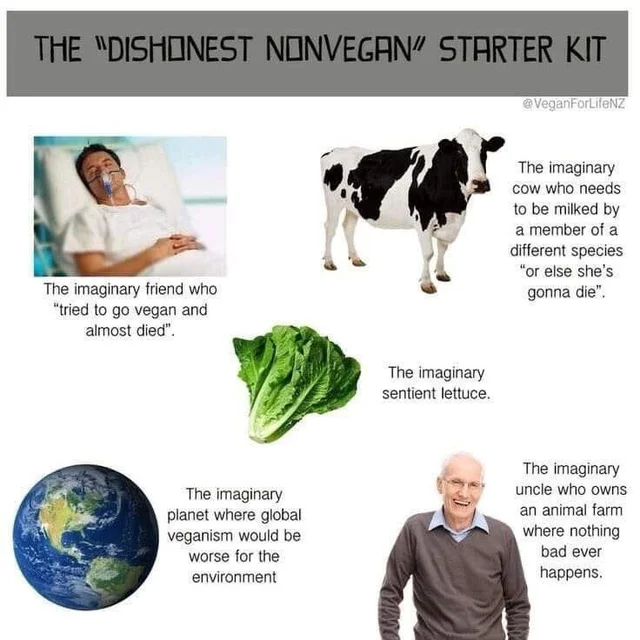The name of this website is inspired from carnismdebunked.com which is an excellent website to debunk any excuses for not being a vegan. I also recommend everyone to watch DAIRY IS SCARY! The industry explained in 5 minutes.
Reasons
These are reasons to go vegan.
Moral
- Meat and Dairy products are not necessary for humans to live a healthy life and the practise of consuming these is easily the biggest cause of suffering in our current times.
- Currently each year 80 billion land animals are slaughtered for food. Sources: 1, 2
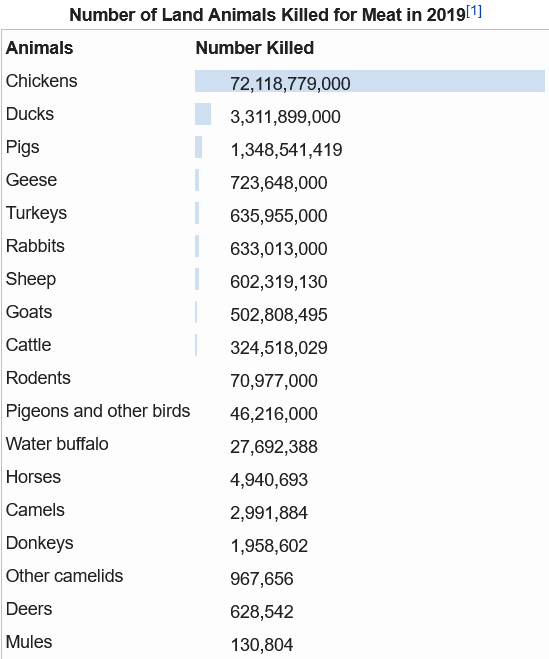
- The number of individual wild fish killed each year is estimated as 0.97-2.74 trillion (based on FAO tonnage statistics combined with estimated mean weights of fish species).[2] The FAO numbers do not include illegal, unreported and unregulated fishing, nor discarded fish. If these are included and over-reporting by China subtracted, the totals increase by about 16.6% to 33.3%.[2] A similar estimate for the number of farmed fish slaughtered each year is 0.037 to 0.120 trillion. Source
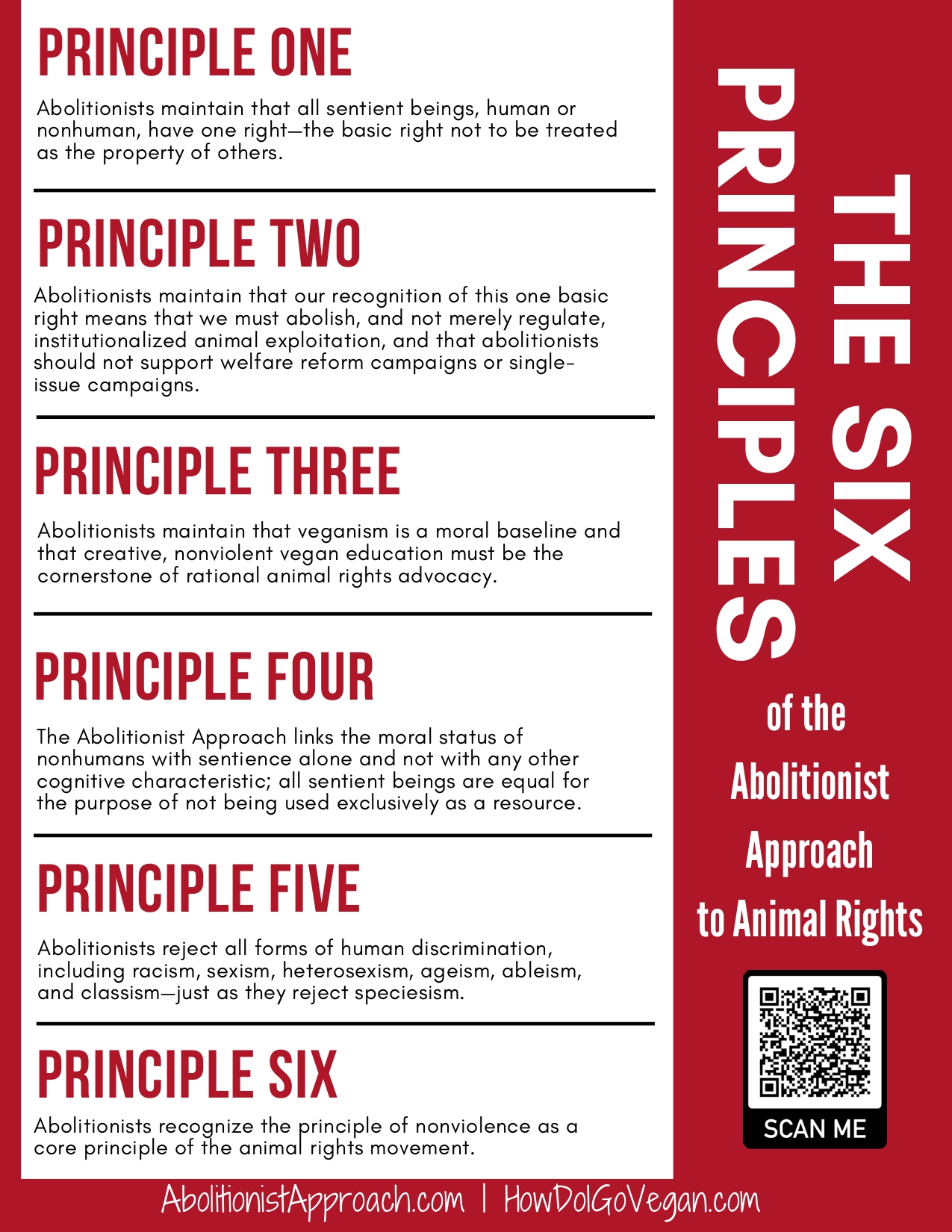
This is easily the most important argument for veganism. Maybe after some centuries we will be advanced enough to kill animals and eat their dead bodies without causing pollution, cancer, heart diseases etc. But even then it is not morally OK to not be a vegan because of the ethical issues.
“Today more than ninety per cent of all large animals are domesticated. Consider the chicken, for example. Ten thousand years ago it was a rare bird confined to small niches of South Asia. Today billions of chickens live on almost every continent and island, bar Antarctica. The domesticated chicken is probably the most widespread bird in the annals of planet Earth. If you measure success in terms of numbers, chickens, cows and pigs are the most successful animals ever. Alas, domesticated species paid for their unparalleled collective success with unprecedented individual suffering.”
“Yet from the viewpoint of the herd, rather than that of the shepherd, it’s hard to avoid the impression that for the vast majority of domesticated animals, the Agricultural Revolution was a terrible catastrophe. Their evolutionary ‘success’ is meaningless. A rare wild rhinoceros on the brink of extinction is probably more satisfied than a calf who spends its short life inside a tiny box, fattened to produce juicy steaks. The contented rhinoceros is no less content for being among the last of its kind. The numerical success of the calf’s species is little consolation for the suffering the individual endures.”
Environmental
- Animal agriculture is responsible for 18% of all greenhouse gas emissions, which is more than all transportation emissions combined. Source
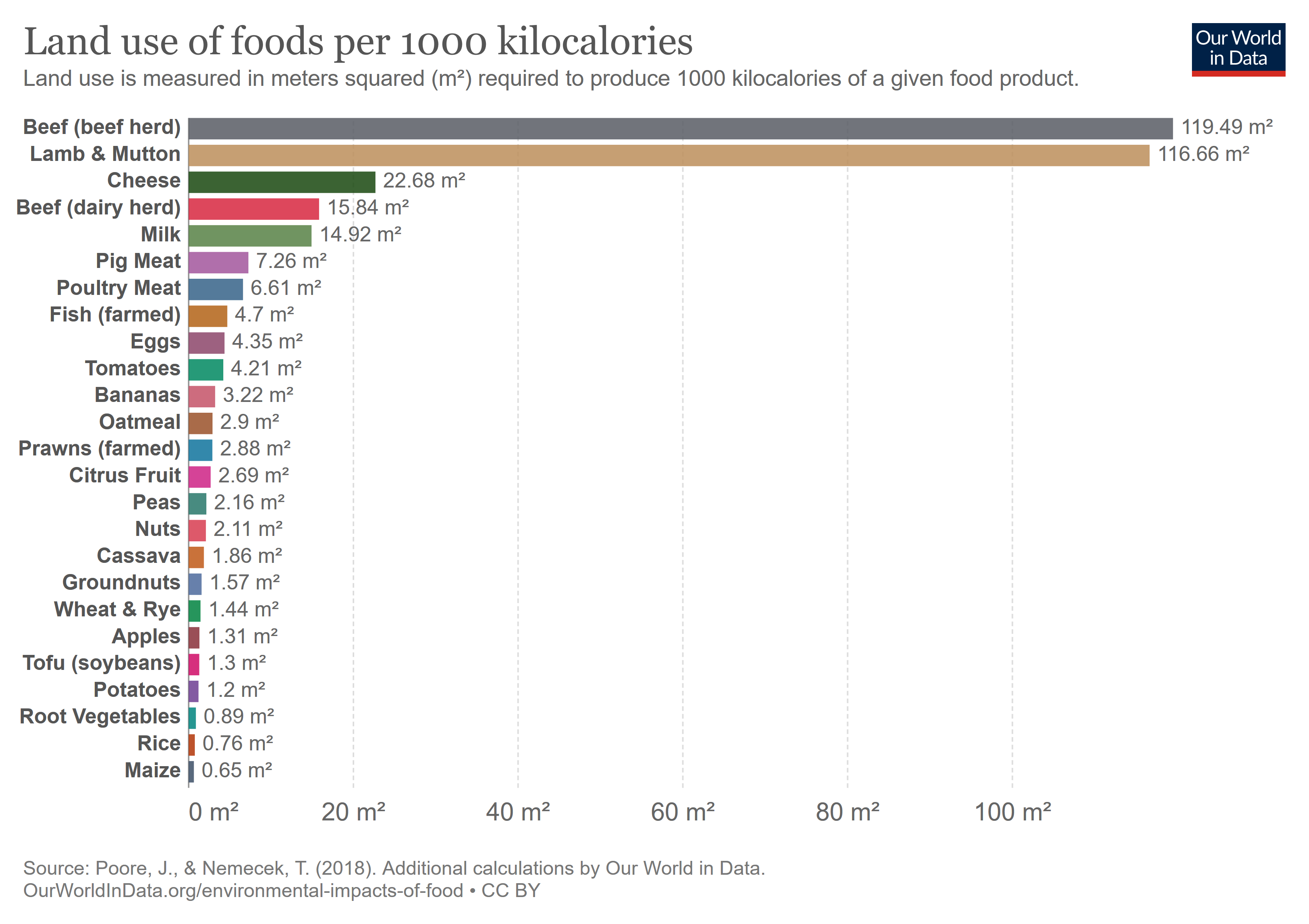
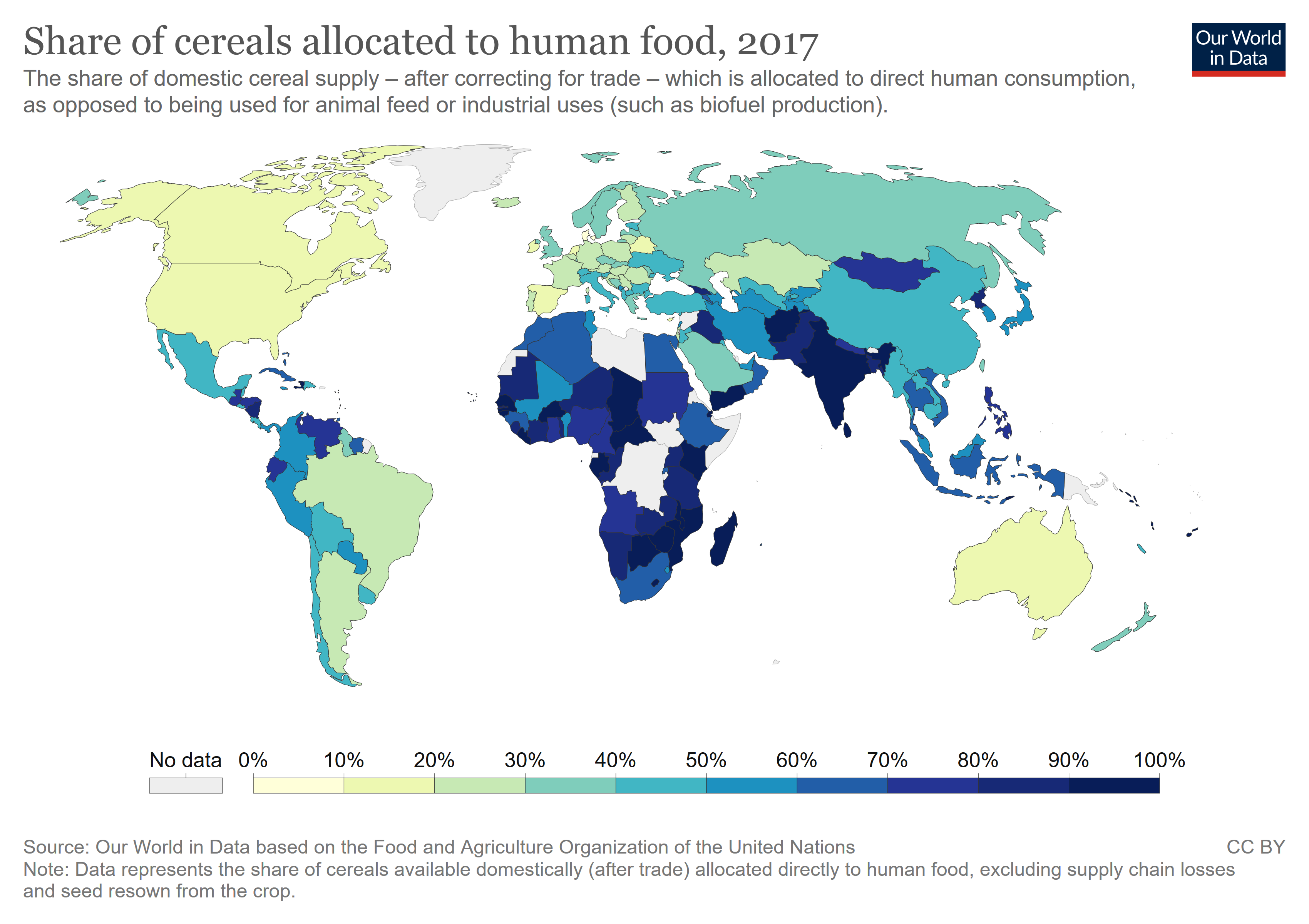


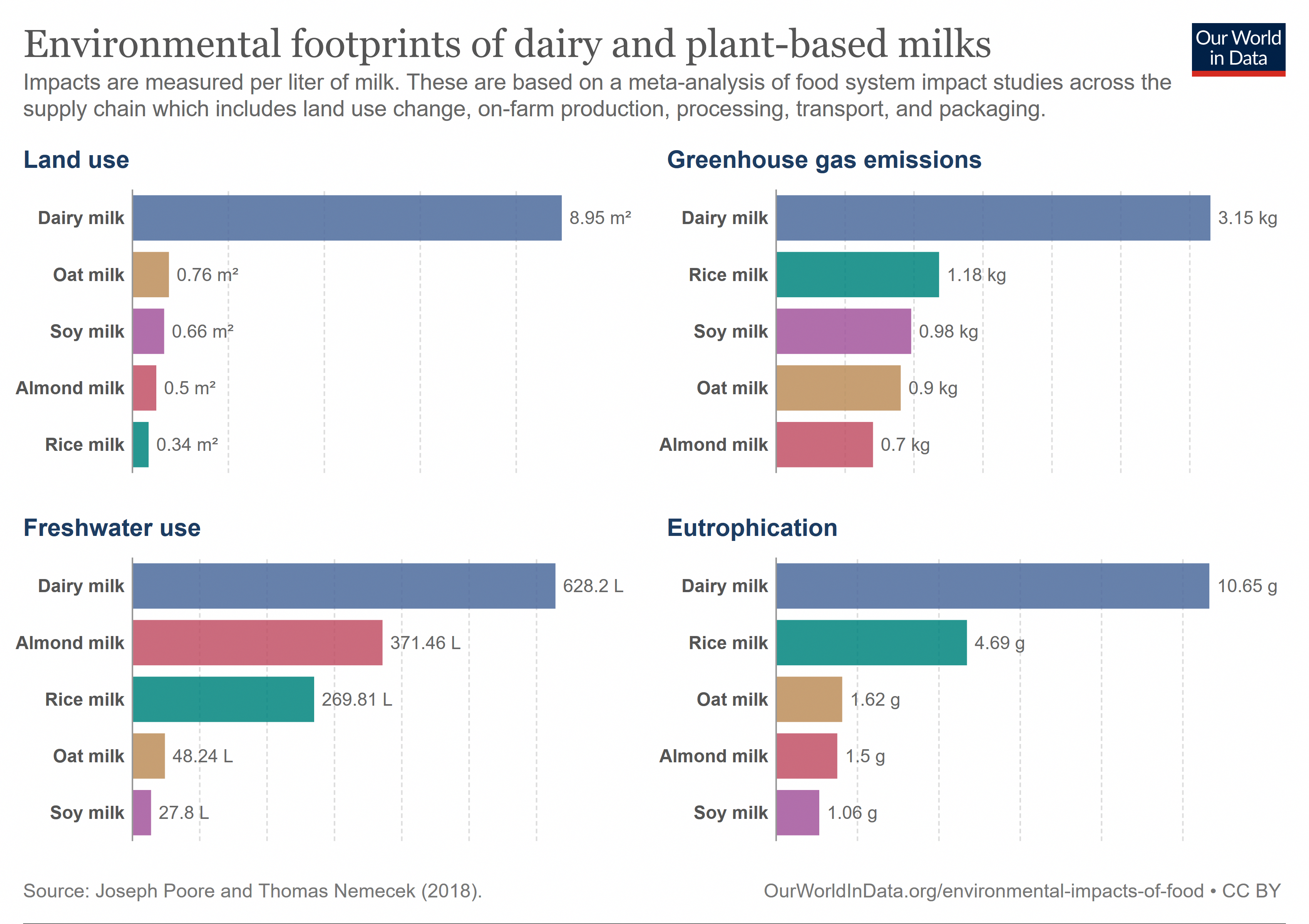
Health
- This comprehensive meta-analysis reports a significant protective effect of a vegetarian diet versus the incidence and/or mortality from ischemic heart disease (-25%) and incidence from total cancer (-8%). Vegan diet conferred a significant reduced risk (-15%) of incidence from total cancer. Source
- The World Health Organization has classified processed meats including ham, bacon, salami and frankfurts as a Group 1 carcinogen (known to cause cancer) which means that there’s strong evidence that processed meats cause cancer. Eating processed meat increases your risk of bowel and stomach cancer. Source
- The Academy of Nutrition and Dietetics and Dietitians of Canada consider well-planned vegetarian and vegan diets “appropriate for individuals during all stages of the lifecycle, including pregnancy, lactation, infancy, childhood, and adolescence, and for athletes”. Source
World hunger
- One in nine people in the world today are undernourished, yet we feed around a third of our global crop production to animals. If we cut out the middleman and ate the crops ourselves, instead of feeding them to animals, we could feed an additional four billion people – more than enough for everyone, for many years to come! We all know how wasteful old gas-guzzling cars are – how long before livestock farming is viewed in the same way: As a shameful, inefficient waste of resources. Source
Holocene extinction
- Since 1970, the collective weight of free-living animals has declined 82%. Instead, a small number of farmed animals (mainly cows and pigs) dominate the global biomass. They account for 60% of mammal species by mass, 36% goes to humans, and just 4% are free-living animals. Sources: 1, 2
- Meat is considered one of the prime factors contributing to the current biodiversity loss crisis.
Antibiotic resistance
- Worldwide an estimated 73% of antimicrobials (mainly antibiotics) are consumed by farm animals. As resistance to antibiotics becomes more common there is greater need for alternative treatments. Calls for new antibiotic therapies have been issued, but new drug development is becoming rarer. Source
Resources
Nutrition
- Nutritionfacts.org
- Veganhealth.org (somewhat pessimistic view but still as evidence packed as the above link)
- Mic the Vegan
- Veganfitness.com
- Vegan society
Arguments
- Carnism debunked
- veganspeak.org
- Arguments for veganism by philosophical vegan
- vegansidekick
- vomad.life
- ADAPTT
- Dontwatch.org
- www.collectivefashionjustice.org
Youtubers:
Videos
Cooking
4) Andrew Bernard
Example video:
6) Gaz Oakley
10) Rachel Ama
13) Vegan Richa
15) Sauce Stache
16) Lauren Toyota
17) Edgy Veg
18) Julia Ayers
Other
Memes















